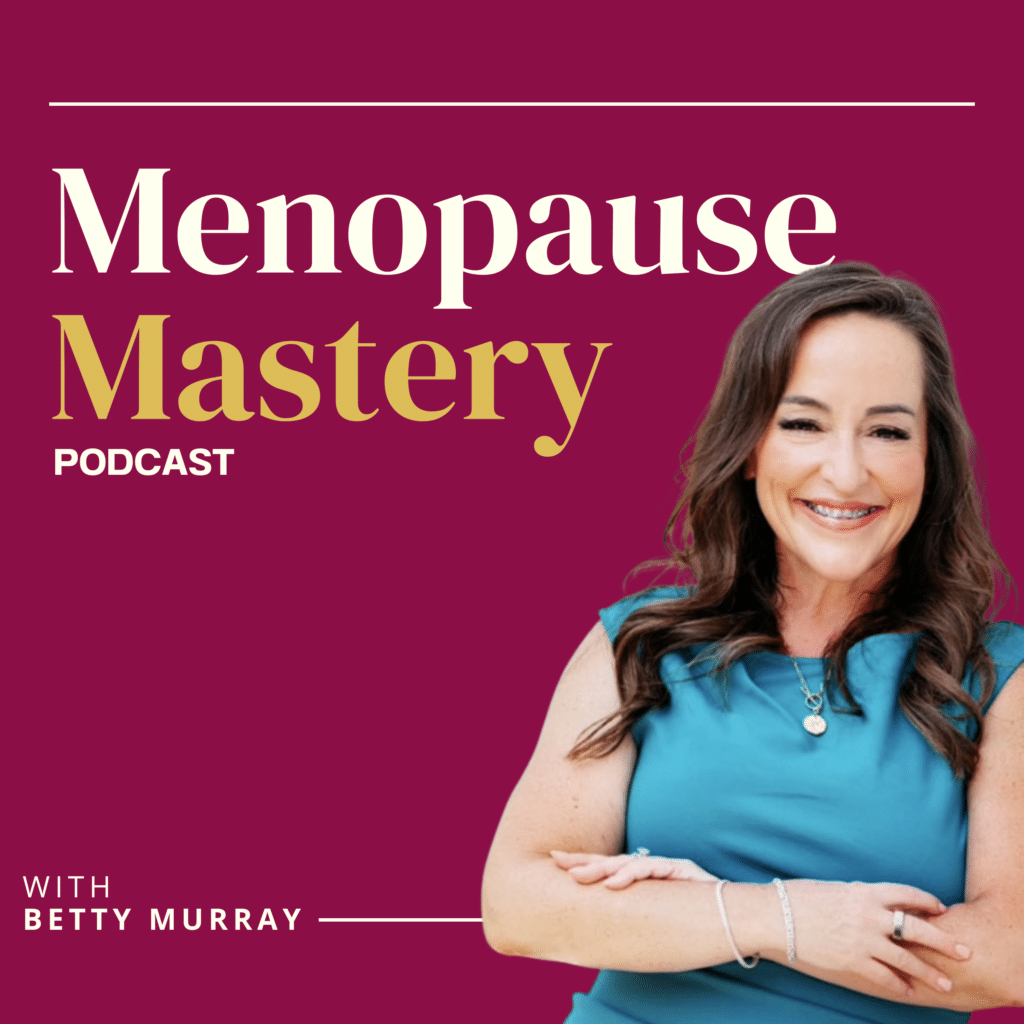For years, we have focused solely on the mind and neurotransmitters when it comes to mental health. But what about those silent orchestrators within us – our hormones? This episode will delve into the incredible research that shows how hormones may be the key to understanding and addressing mental health issues. Tune in as I delve into the intricate relationship between hormones and mental health, especially as women transition into menopause.
Ever wondered about how hormone replacement therapy can be a game-changer in women during the transition to menopause? Tune in as I also unravel the benefits, explaining how stabilizing estrogen, progesterone, and testosterone can significantly boost cognitive function and mood. It’s time to embrace menopause not as a challenge, but as an opportunity for growth.
Additionally, I delve into the topic of birth control and its impact on women’s overall health. I highlight a study on combined oral contraceptives and emphasize the importance of finding the right combination of hormones for individual needs.
With insights from cutting-edge research, I delve into the complex world of hormones and offer valuable insights for women over 40 who are struggling with sleep and emotional dysregulation. Don’t miss out on this eye-opening episode that may just change the way you think about mental health.
Key Takeaways:
[00:02:24] Hormones and mental health.
[00:05:45] Estrogen and mood disturbances.
[00:08:35] Hormones and mood fluctuations.
[00:10:10] Hormonal effects on mental health.
[00:14:05] Hormonal changes and mood.
[00:18:09] Testosterone and depression in women.
[00:21:53] Hormonal contraceptives and mood.
[00:24:13] Hormone replacement and depression.
[00:27:32] Testosterone and mood disorders.
[00:31:05] Lower testosterone levels in men.
Memorable Quotes:
“The reality is hormone replacement of estrogen, progesterone, and testosterone in women, particularly early in the transition to menopause, is favorable not only in cognitive function, but in mood. And that stabilizing those hormones and stabilizing them long term is going to be valuable.” – Betty Murray
“Our mental health crisis, particularly in the younger populations, is at a tipping point, right? And the reality is that maybe some of the mental health issues that we’re having are hormonal things that are happening with these poor young girls, and they’re being manipulated with birth control, and it’s leading to increased mood problems, not improvement.” – Betty Murray
Links Mentioned:
Connect with Betty Murray:


